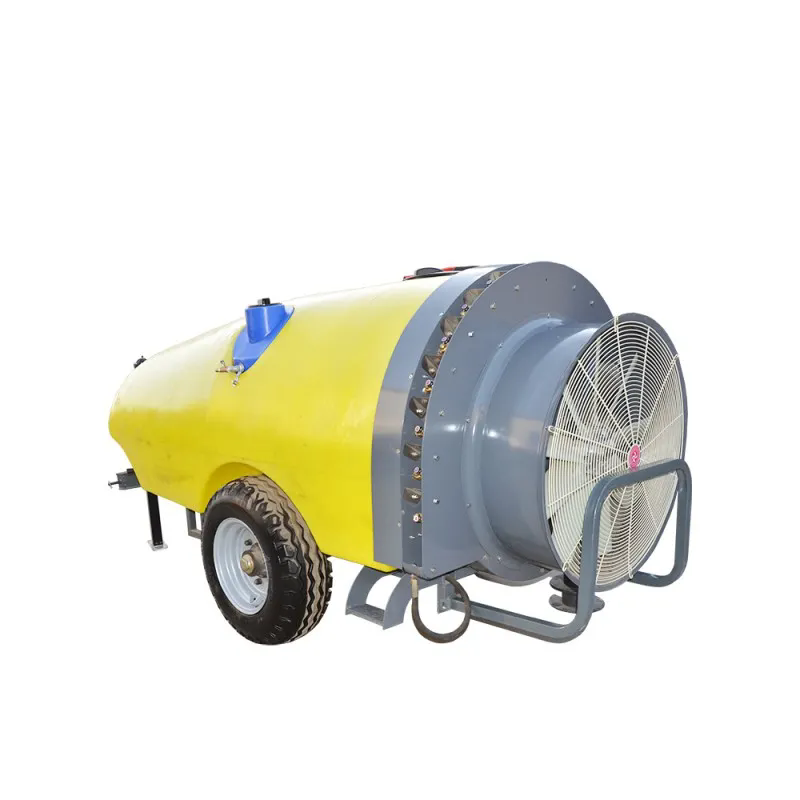How Does an Agricultural Sprayer Revolutionize Farming?
2024-11-18
An agricultural sprayer revolutionizes farming by improving the efficiency, precision, and effectiveness of crop management. Here are some ways it does so:
1. Efficient Use of Pesticides and Fertilizers
- Targeted Application: Sprayers deliver pesticides, herbicides, and fertilizers directly to the plants, minimizing waste and reducing chemical exposure to the environment. This precision not only reduces costs but also ensures crops receive the right amount of nutrients.
- Reduction in Chemical Usage: With advanced spraying systems, farmers can use smaller amounts of chemicals but still achieve effective coverage, leading to more sustainable farming practices.
2. Increased Crop Yields
- Disease and Pest Control: Sprayers enable timely application of pest and disease control agents, which helps prevent crop damage, leading to higher yields.
- Even Distribution: The sprayer ensures even distribution of nutrients and protection across large fields, helping crops grow uniformly, enhancing quality, and boosting productivity.
3. Time and Labor Savings
- Automation and Efficiency: Modern agricultural sprayers, particularly those with GPS and automated features, reduce the amount of manual labor required and can cover vast areas in a shorter time. This saves time, reduces human error, and allows farmers to focus on other important tasks.
- Adjustable Settings: Many sprayers offer adjustable pressure and nozzle settings, allowing farmers to adapt to varying field conditions, such as wind or crop size.
4. Precision Agriculture Integration
- Data-Driven Decisions: GPS-enabled sprayers can work with other precision agriculture tools, such as drones and sensors, to create detailed maps of crop health. This integration allows for precise, data-driven decisions on when and where to apply treatments, optimizing resources and enhancing the environmental impact.
- Variable Rate Technology (VRT): This technology allows farmers to apply different amounts of inputs (e.g., fertilizers or pesticides) depending on specific needs within different zones of the field, ensuring maximum efficiency.
5. Environmental Benefits
- Reduced Runoff: By applying chemicals only when and where needed, agricultural sprayers help reduce the risk of runoff into nearby water sources, protecting ecosystems.
- Sustainable Practices: Sprayers contribute to sustainable farming by minimizing the use of harmful chemicals and fertilizers, leading to healthier soil and water quality.
6. Versatility
- Multi-Purpose: Agricultural sprayers can be used for a wide range of tasks, including applying pesticides, fungicides, herbicides, and foliar feeds, as well as irrigating crops. This versatility makes them an essential tool in modern farming.
In essence, agricultural sprayers empower farmers to make smarter, more efficient, and environmentally responsible decisions, thus transforming farming practices and enhancing overall productivity.



